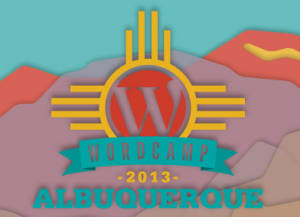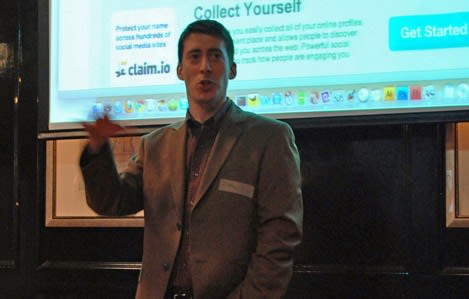ElasticPress and 10up at WordCamp Paris
ElasticPress is coming to Paris this weekend. I will be speaking at WordCamp Paris on January 23, 2015. Day one of the camp is being held at MAS Paris, and day two is at the EEMI school.
My session, occuring Friday at 3pm, is titled “Modernizing WordPress Search with Elasticsearch”. I will describe the limitations of WordPress search and present an alternative, Elasticsearch and ElasticPress. I will explain some basic Elasticsearch cluster configuration tips, run through ElasticPress setup, and demonstrate some really interesting queries that can be achieved with the plugin.
Whether you are a novice WordPress developer or an expert systems engineer with Elasticsearch experience, my session will demonstrate the power of WordPress and ElasticPress and hopefully spark some ideas on how you can improve your site’s search experience.
If you are attending WordCamp Paris, please come say hello! 10up is hiring, and I am always happy to chat about opportunities.
 Putting problem solving before technology often means figuring the technology out – sometimes as we go. From
Putting problem solving before technology often means figuring the technology out – sometimes as we go. From 

